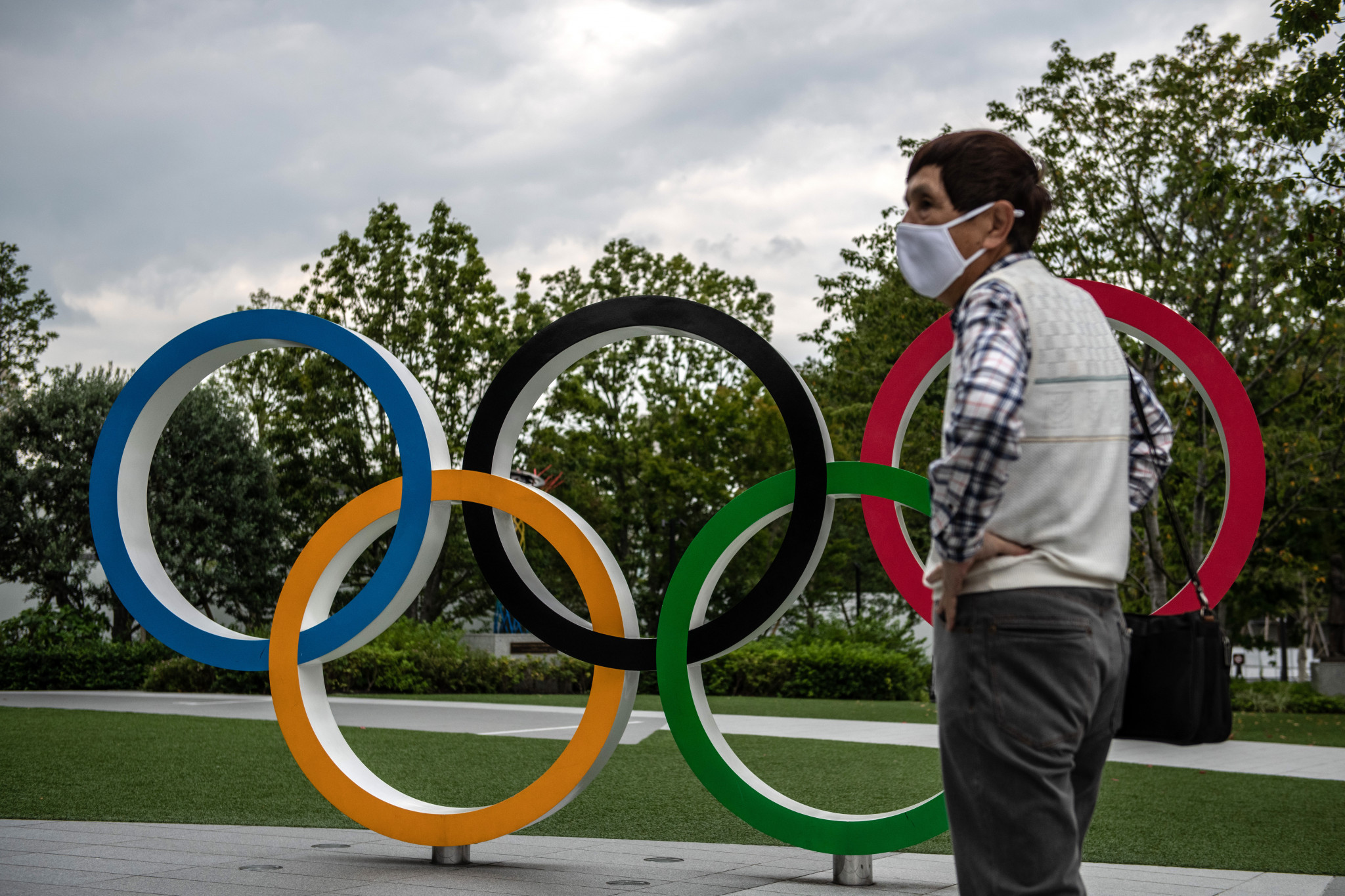Participants at the Tokyo 2020 Olympic and Paralympic Games will be asked to wear face masks at all times and practice social distancing to prevent the spread of COVID-19.
Athletes and staff will be requested to wear face masks at all times, except during competition and meals, as reported by Kyodo News.
This is a part of plan to avoid the "3Cs" - closed spaces, crowded places and close-contact settings.
Indoor venues will be ventilated every 30 minutes, while people in the Athletes' Village will only be able to stay in the cafeteria for 30 minutes for breakfast and one hour for lunch and dinner.
They will receive the menus on their phones to avoid congestion.
Planned coronavirus countermeasures were presented by Tokyo 2020 to the International Olympic Committee (IOC) and International Paralympic Committee at a joint project review earlier this month.
Following the meeting, IOC Coordination Commission chairman John Coates said competitors would be encouraged to limit their stay at the Athletes' Village as much as possible.
Athletes are also likely to be told to remain in the Village during their stay in the Japanese capital and will be encouraged not to go out sightseeing.
Countermeasures were among the main items discussed during the project review, but Tokyo 2020 chief executive Toshirō Mutō suggested no conclusions or decisions had yet been reached.
The coronavirus countermeasures taskforce, formed of officials from the Japanese Government, Tokyo Metropolitan Government and Tokyo 2020, is still assessing possible scenarios and measures that could allow the Games to run as scheduled in 2021.
A progress report is expected to be released on December 2.
Tokyo 2020 was postponed in March as a result of the COVID-19 pandemic, with the Olympics now scheduled for July 23 to August 8 and the Paralympics for August 24 to September 5.
Organisers have received a boost from the development of three potential coronavirus vaccines.
A vaccine being developed by American pharmaceutical giant Pfizer and BioNTech has been found to be 90 per cent effective in preventing people from getting coronavirus after global trials, while another American company, Moderna, revealed a COVID-19 vaccine it is developing is nearly 95 per cent effective.
Last week, a coronavirus vaccine developed by the University of Oxford was found to be 70 per cent effective, although researchers have claimed the figure may be as high as 90 per cent by tweaking the dose.
During his recent visit to Japan, IOC President Thomas Bach suggested the news of effective coronavirus vaccines made him "very confident that we can have spectators in the Olympics stadium next year and that spectators will enjoy a safe environment".
Bach also revealed athletes would be encouraged to have a vaccine before the Games, but it would not be an entry requirement.

